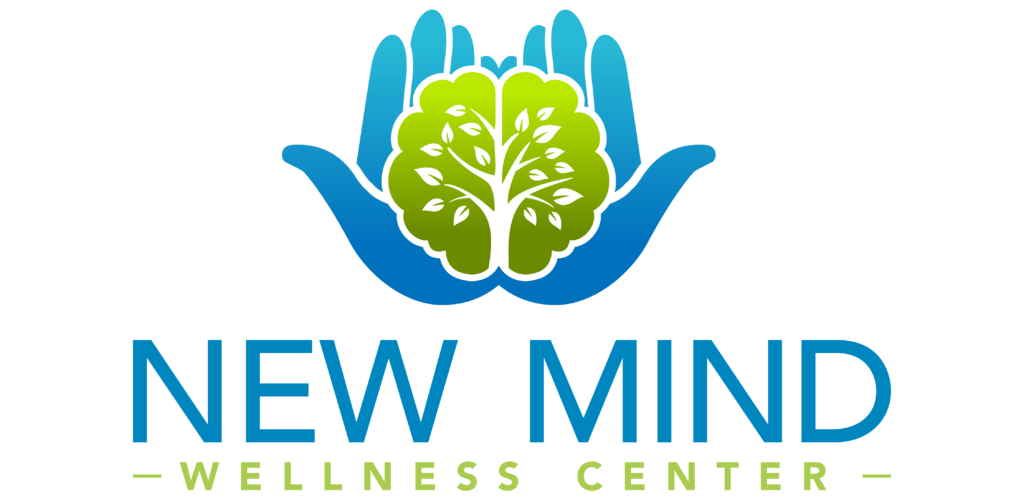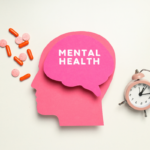
Why Silence Feels Uncomfortable for People with ADHD
ADHD makes it difficult for you to maintain focus, so you do your best to eliminate distractions such as music or other forms of background noise – but this seems to actually make things worse. Is it normal to dislike silence when you have ADHD?
To learn more about ADHD options at New Mind Wellness, call us today or verify your insurance online. We’re excited to help you start your personal recovery journey.
Is It Normal to Dislike Silence When You Have ADHD?
Attention-deficit/hyperactivity disorder (ADHD) is a mental health condition that is characterized by symptoms such as inattention, disorganization, and impulsivity.
As we alluded to in the intro to today’s post, finding a quiet environment might seem like an ideal decision for someone who is having difficulty paying attention due to ADHD. However, while this may be the right step for some people, it can be counterproductive for others.
If you fall into the “counterproductive” group, please know that you are far from alone. It is normal to dislike silence when you have ADHD.
To clarify, it’s also normal to dislike loud environments when you have ADHD. “Normal” can be a judgmental term that divides people into categories of correct and incorrect. ADHD can affect people in distinctly different ways – so what’s normal for one person can be quite different than what’s normal for another, without making either person’s experience inherently wrong.
Turning our attention back to the impact of silence on a person’s ability to pay attention, many people with ADHD have reported that they have trouble concentrating in an environment that is devoid of sound. Now that we’ve established that this is not an uncommon occurrence, let’s explore why it’s normal to dislike silence when you have ADHD.

The Connection Between ADHD and Silence Aversion
Clinicians often use the term silence aversion to describe the phenomenon of feeling uncomfortable in extremely quiet environments.
For people wondering, “is it normal to dislike silence when you have ADHD?”, the answer lies in brain chemistry—specifically, dopamine levels.
Among its many functions, dopamine plays a role in pleasure, reward, and motivation.
- When you engage in certain activities—such as eating good food, listening to music, exercising, spending time with friends, or achieving a goal—neurons throughout your central nervous system (CNS) produce and release dopamine.
- Increased dopamine levels can boost your mood, confidence, and energy.
- By releasing dopamine in response to specific behaviors, your brain effectively reinforces actions it wants you to repeat.
If a person with ADHD has low dopamine levels, activities that typically provide a boost may not have the same effect. As a result, their brain constantly seeks external stimuli to trigger dopamine production.
In a quiet, distraction-free environment—such as a library or study hall—the lack of stimuli can push their brain into overdrive, searching for dopamine-producing experiences. Instead of having a calming effect, silence can actually make it harder to focus or concentrate.
This explains why many people with ADHD find silence uncomfortable. So if you’re asking, “is it normal to dislike silence when you have ADHD?”, the answer is yes—this reaction is a well-documented response to the brain’s need for stimulation.
This connection also explains why stimulant-based medications like Ritalin and Adderall can be effective for people with attention-deficit/hyperactivity disorder. By increasing dopamine and other neurotransmitter levels to a more balanced state, these medications can help improve focus and reduce impulsivity.
Potential Negative Effects of Silence Aversion
The impact of ADHD-related silence aversion extends far beyond having trouble studying in quiet rooms. Depending on the severity of this and other ADHD symptoms, the effects can be significant.
Symptoms
Substandard performance in school or work: If you frequently struggle to commit your full attention to academic or work-related responsibilities, your risk of low grades, unsatisfactory evaluations, and other setbacks increases.
Diminished opportunities for career advancement: Even if you can find and keep a job, ongoing concentration issues and poor performance reviews may limit your chances of promotion. These challenges can also prevent you from being considered for better positions in other organizations.
Decreases in self-confidence and self-esteem: Repeated setbacks in school or work can erode your belief in your own talents and abilities. This may make you hesitant to seek opportunities that align with your skills. You might also be less likely to advocate for your own needs or request necessary accommodations.
Developing unsustainable coping strategies: It can be tempting to counteract silence aversion by constantly adding noise when you need to focus or relax. This might work when studying in your dorm room or trying to sleep in your apartment. However, it becomes more challenging in situations where loud background noise isn’t an option—like working in an office that discourages music or sharing a home with someone who prefers a quieter environment.
Finding Solutions
The good news is that you may be able to avoid these negative effects through self-care activities such as mindfulness, meditation, and adopting healthy coping strategies. Medications like Ritalin and Adderall can also provide relief for some individuals.
If medication and self-care aren’t enough, therapy or other treatment options may be beneficial. With focused, personalized care from a reputable provider, you can make meaningful progress toward better health and an improved quality of life.

Learn More About ADHD Treatment in Philadelphia
New Mind Wellness is a trusted provider of life-affirming outpatient treatment for adults who have been living with ADHD and other mental health concerns.
Our ADHD treatment center in Philadelphia, PA, is a welcoming and supportive place where you can receive customized care at the partial hospitalization, intensive outpatient, and outpatient levels. In each of these programs, you will have the opportunity to work with compassionate professionals who truly care about you as unique and valuable individual.
To learn more or to schedule a free consultation, please visit our Admissions page or call us today.




